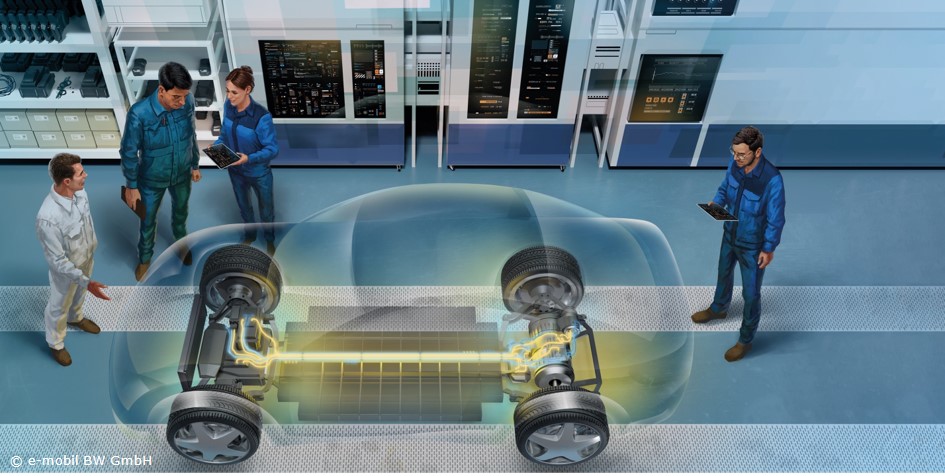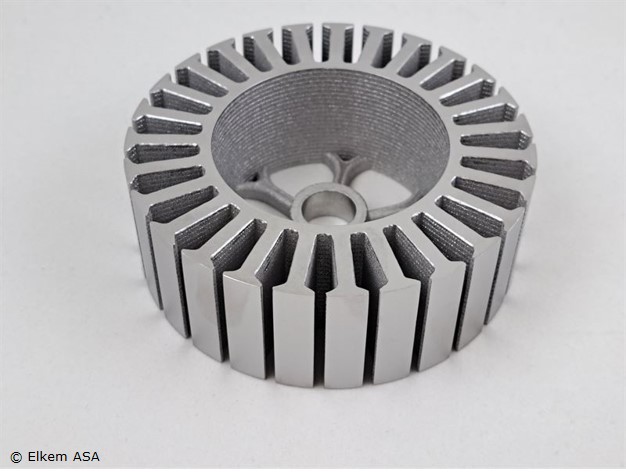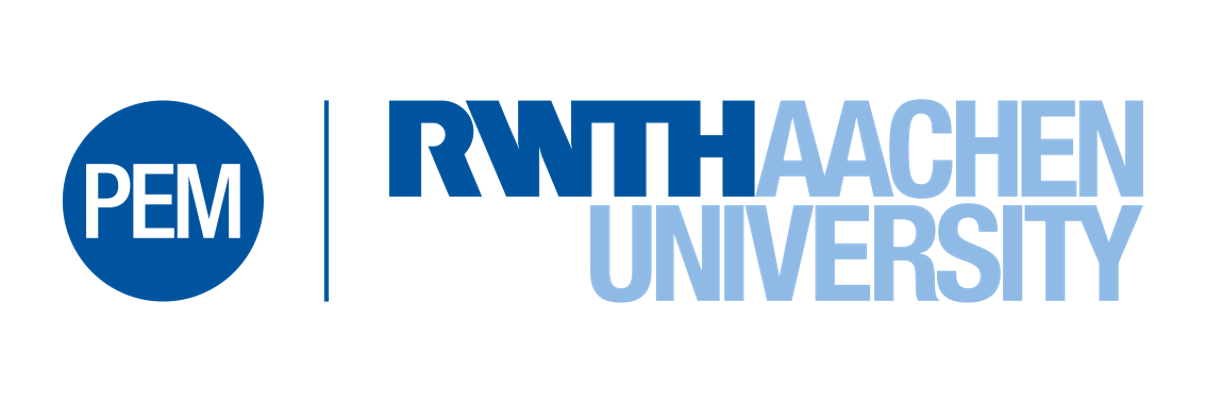Researchers at the Fraunhofer Institute for Manufacturing Engineering and Automation (IPA) and partners have demonstrated in a study how electric bike motors can be remanufactured profitably. Successful remanufacturing has resulted in machines that have almost the same properties as newly produced motors. In the “AddRE-Mo” project, the team showed that the economic savings potential of remanufacturing depends on the number of units and is generally 30% to 40% compared to buying a new electric motor.
Analysis of ecological and economical potential
In addition to the actual process of disassembly, cleaning, testing, remanufacturing, or replacement with new parts through to reassembly, the ecological and economic potential of remanufacturing was also analyzed. As part of the project, e-bike motors from established manufacturers were examined for their probability of failure and the possibility of additive manufacturing of wear parts such as gears and torque arms.
Process chain to be established in new learning factory
Motors or batteries that no longer work are often not repaired but replaced completely, even if only a single component is defective. In future, the remanufacturing of e-bike motors could offer a sustainable solution in terms of a circular economy. In order to consolidate the results achieved, the process chain of remanufacturing e-bike motors has been implemented and made tangible in the new “RemanLab” learning factory at Fraunhofer IPA in Bayreuth.
https://www.electrive.net/2023/05/04/forscherteam-arbeitet-e-bike-motoren-wieder-auf














